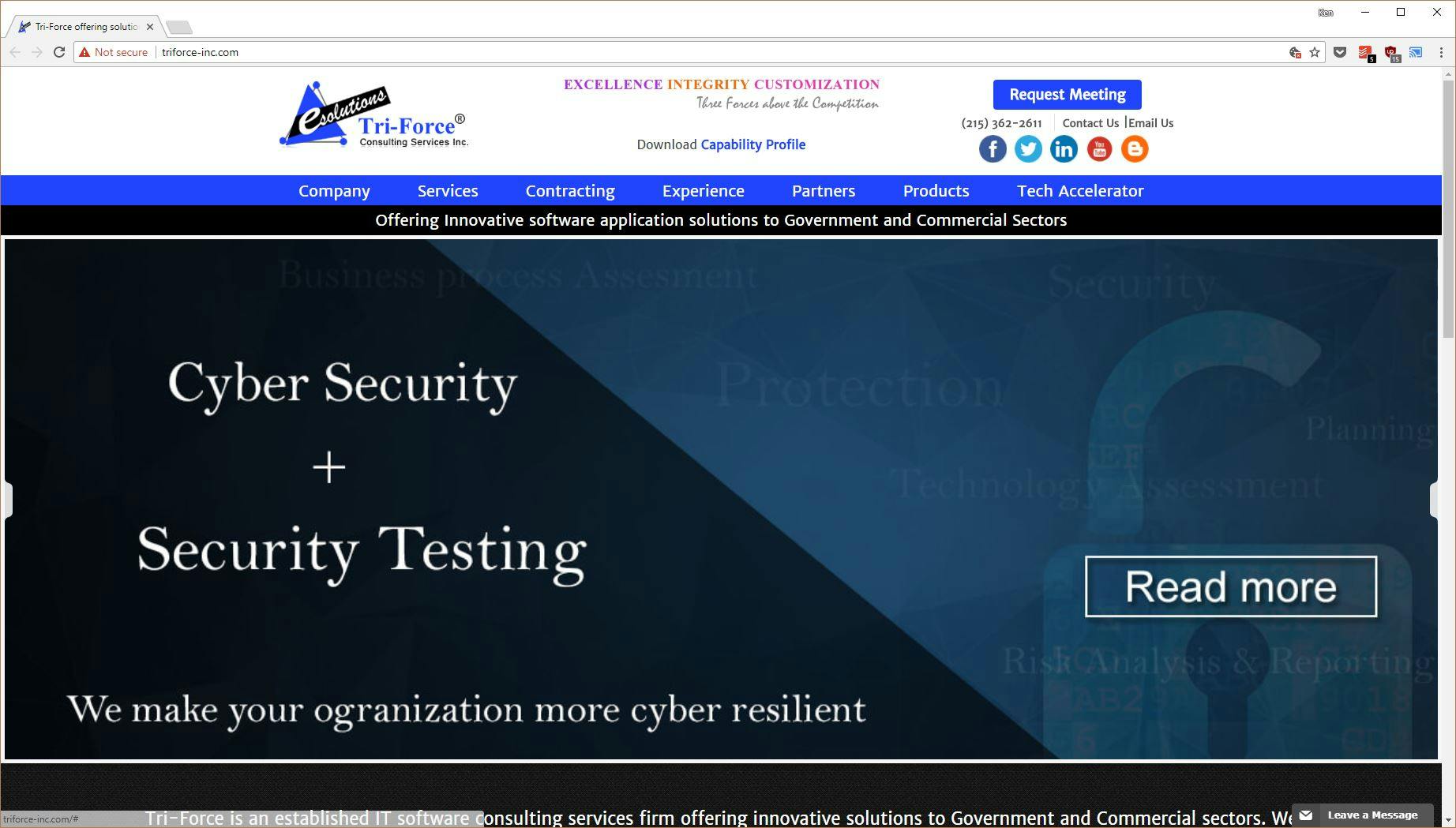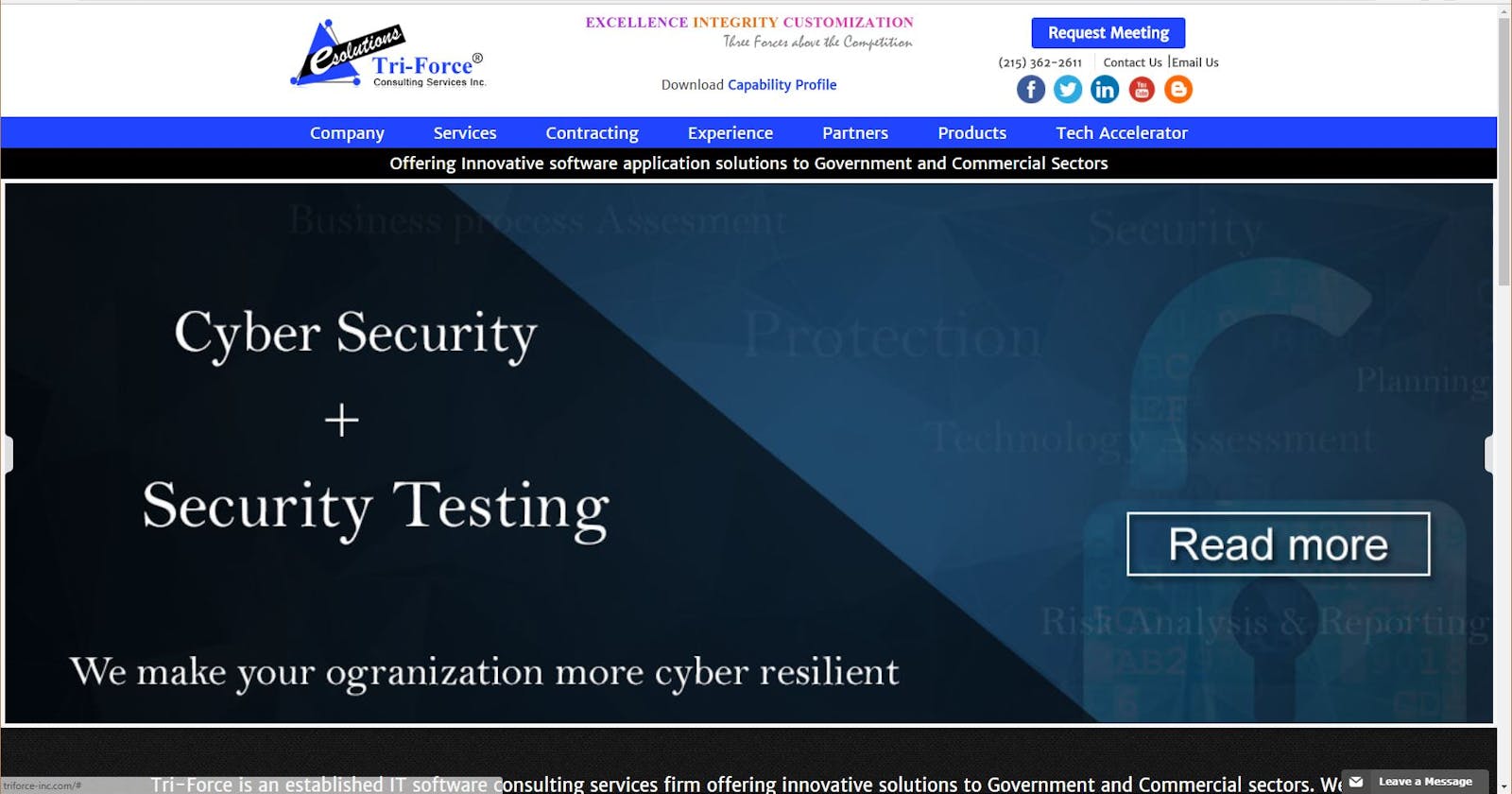This week, a consultancy company tweeted something along the lines of "Thanks for following us @bonny_ken". They mentioned others as well, but in this tweet, I was mentioned specifically. I do not follow them, I'm not affiliated with them and I feel like this is an unhealthy way to establish their reputation.
On the 22cnd of January, Tri-Force Consulting tweeted this.
Now let me firmly state that I do not know this American consulting company. I have never done business with them, let alone heard of them. I certainly do not follow them, nor am I inclined to do so now. Yet they are implying that I endorse their way of doing business, that I think they have something interesting to say.
I'm not the only one they are using for this tactic. I've used Friendship Checker - Twitter to see if the others follow Tri-Force Consulting and only @GerryO_ALE and @sebbasincha follows them back. So only half of the people in the tweet actually follow this consultancy agency.
This feels like them using my (and others') credibility to bolster their own reputation. They have made a one sided decision to use (not only) my name to make them seem important. This is the first time I've seen this happen and I feel compelled to call them out on the practice. Especially because they are tying my reputation to theirs without my consent.
A reputation that isn't very stellar, if you ask me. If somebody is dishonest in a tweet, then what else will they be dishonest about. I am building my career on open communication, that is why I name Tri-Force Consulting by name. I have also let them know that I would be writing about their behaviour. You can check out my two replies to the mentioned tweet and I haven't heard back from them yet.
Let me clarify "open communication" more in depth. I do not contact every organisation I write or tweet about. This would cost too much time on either end. For example, I recently tweeted about my new Unifi setup and I've just embedded a link in this article to their site. I did not contact them about it.
This is what I call attribution. Whether the feedback I provide is good or bad, I let them know what I think of their product/service/...
What I do not do is say something along the lines of "Thanks for following me, Company X". At least not without their consent and after checking that (at the time) they are actually following me. Because otherwise I would imply that Company X thinks I do good work. That would not look good if Company X would point out my lie.
This is not the only reason I think Tri-Force Consulting has a bad reputation. When I surfed to their site (you'll have to use Google to find their site, I'm not giving them that much exposure), they advertise "Cyber Security + Security Testing".

Would you trust a company boasting about making your organisation cyber resilient, but can't get HTTPS right? If you offer consulting, make sure you get the basics right. Browsers flagging your site as insecure does not inspire a lot of confidence in your technical and security related skills.
Make sure that the reputation you try to communicate to the rest of the world, is the right one for you. I would not like my reputation to convey the message that I do not know what I'm talking about. Maybe there are smart people working for this company, but with this kind of attitude, I'll never find out.

